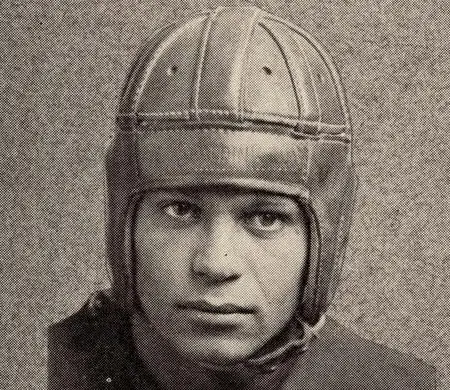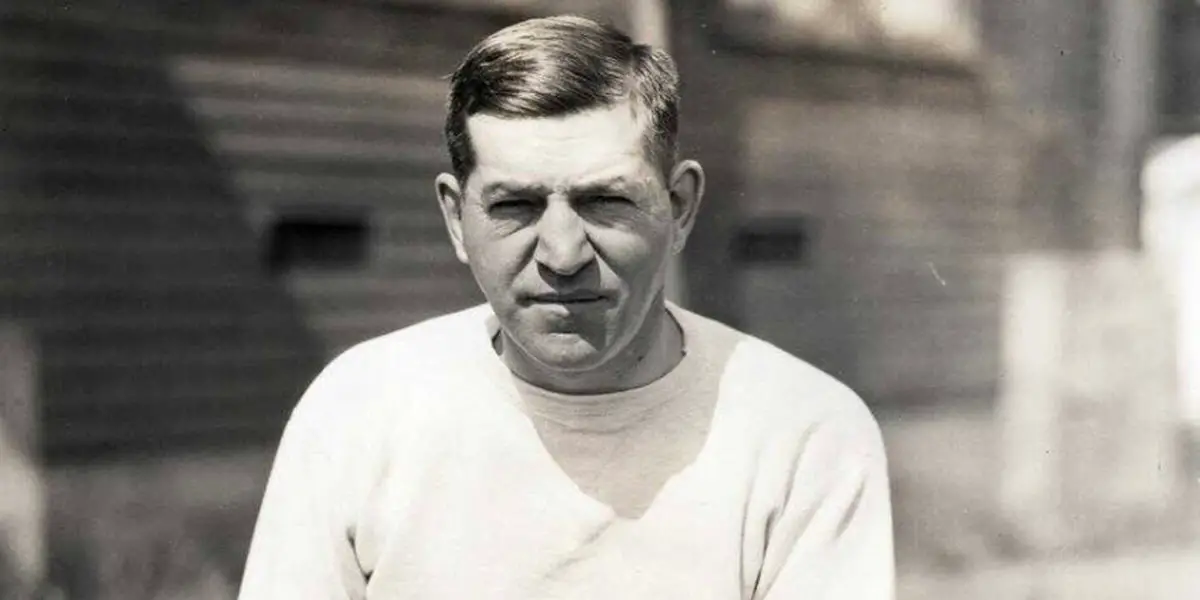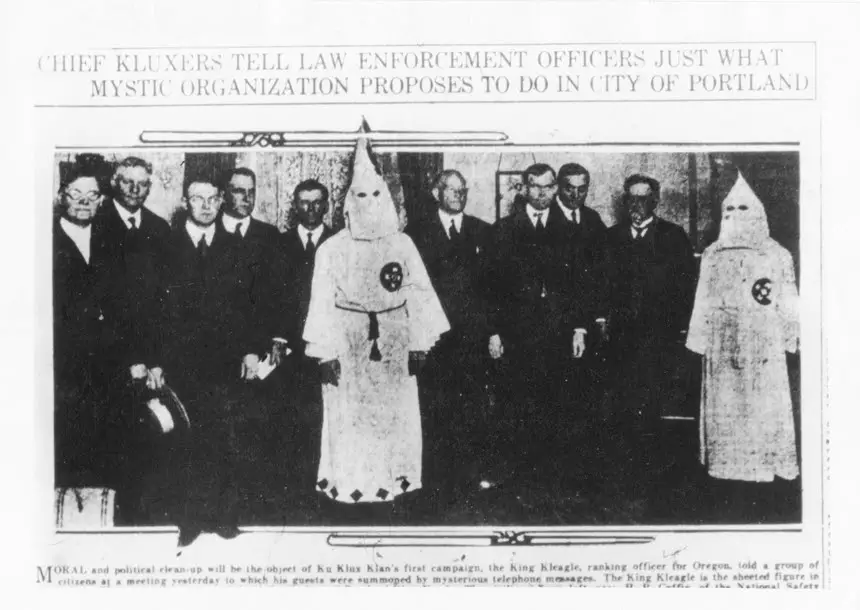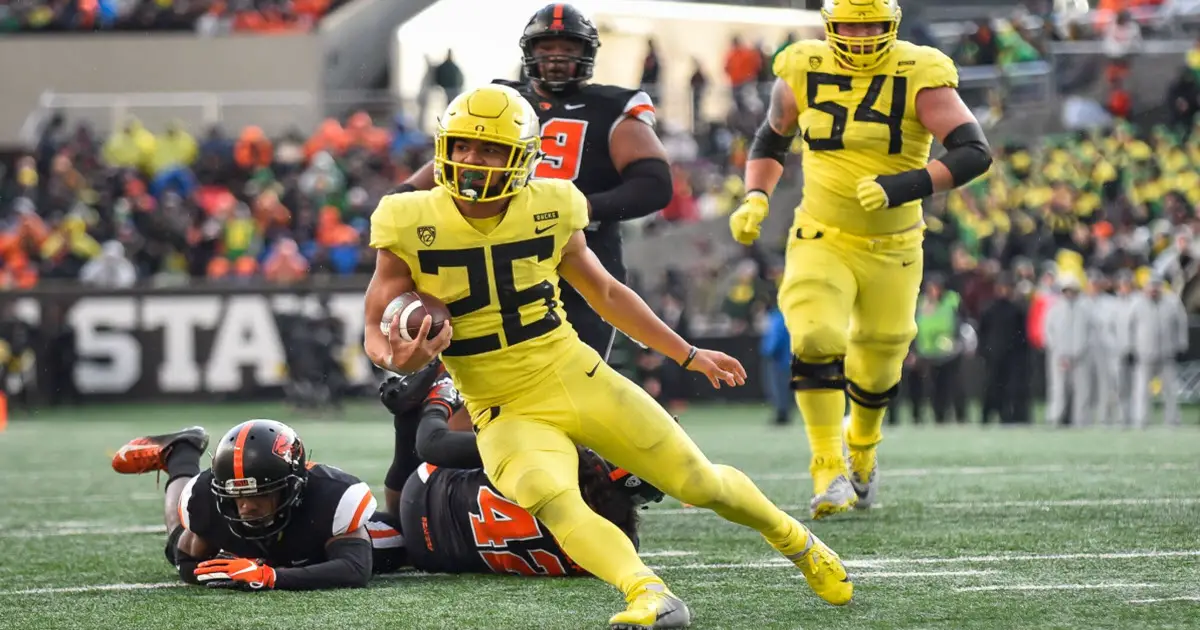My friends, I felt the same as the majority of those on the Oregon message boards last Friday concerning the announcement of the change of name of our rivalry game with Oregon State. I thought at that time that it was a knee-jerk reaction to the trendy topic of the day, and I was not happy, as a 34-year season ticket holder, that there was no inclusion in the decision-making process of those who actually pay the freight.
More than half of my classes at Oregon were held in Deady Hall, and I have wonderful memories there of my experiences as a student. I was disappointed initially in the name change primarily for reasons of nostalgia, but when I learned that Matthew Deady actually ran for State Supreme Court in 1858 on a Pro-Slavery platform–I quickly felt some shame at not recognizing the pain the name could, and probably does, bring to people in the Oregon community whom I care about. I am now in support of the Deady Hall name change after learning of the relevant facts surrounding the issue.
I have also changed my view on the name change of our rivalry game after reading the article below, and I do not know which I am more embarrassed about? Is it for the terrible history that my home state has implemented with the treatment of minorities, or is it because I was unaware of these important facts before hearing them from the author of this article? I shudder at both, as once I learned of Oregon’s racial legislation from David Marsh–my views became modified to where a name change of a football game is minor compared to the impact of the symbol on so many present day citizens of Oregon.

Robert “Bobby” Robinson was one of the first black quarterbacks in college football and began at Oregon in 1927.
I am proud of the University of Oregon leadership in providing opportunities for black student-athletes before most colleges embraced equality, but I was unaware of our actual State laws regarding race at that time.
The purpose of publishing an article that might create controversy (especially when we do not allow any reference to politics at all on this site) was to provide the information to others who might be as ignorant of the past as I was. I do not believe in the old Soviet-style communist/socialist practice of sending children to the Gulag to atone for the sins of their parents, and I am not implying that further remedies need to be applied to the present in atonement for mistakes of the past.
But I do feel a personal responsibility to inform.
It is my hope that an introduction to the facts of Oregon’s legislative treatment of minorities will make our responses to the rivalry name change a bit more measured and reasonable. While we cannot alter the deeds of the past, we can move to promote the healing and strengthen the bonds among brothers and sisters of all races in this State. A name change “is nothing, but everything.”
But it is not only as a source of information that I offer the David’s article. It is also as an invitation to reconsider your views, as I did.
Charles Fischer (Mr. FishDuck)
—————————————————————————————–
The term “civil war” refers to parties within a nation-state that are at war with each other for control of the government. History books are filled with “civil wars,” and the concept is by no means unique to the United States of America. However, we live in the United States of America, and when many hear “civil war” they form an image of blue Yankees and grey Confederates fighting over the institution of slavery.
The history and legacy of the American Civil War is something with which we as a country still struggle. It is embedded in our country’s DNA, linking us to our nation’s not-so-distant practices of slavery and racism. This history and legacy of racism also remains embedded in the State of Oregon.

John “Cap” McEwan was the head coach in 1928.
It was in repudiation of these principles that the University of Oregon and Oregon State University decided to rename their 126-year-old rivalry game. But in reality it was not the two universities that coined the name. Rather, newspapers in 1929 adopted the name, and it was bolstered from an off-hand remark by University of Oregon Coach John “Cap” McEwan in 1933. By 1937 the name had officially caught on as it began to appear in University publications. Despite the name change, however, free speech remains the law of the land, and the official renaming does nothing to stop fans from continuing to call the rivalry game the “Civil War” should they choose.
The State of Oregon has a troubled past when it comes to race. There is a reason why Portland, Oregon is still the whitest major city in the United States. Oregon’s homogeneity is a direct result of institutional racism that was built into the State’s original Constitution in 1857.
The original ratification of the state Constitution required votes from the citizens of Oregon on the following three issues:
Should the state Constitution be ratified? Results of citizens vote: Yes
Should Oregon be a slave state? Results of citizens vote: No
Should Oregon allow free blacks? Results of citizens vote: No
The State of Oregon is unique because of those last two votes. Oregon opted not to become a slave state, which in itself isn’t terribly unique, but it is that third vote coupled with the second that is wholly unique in the history of the United States. The State of Oregon voted in our original constitution to forbid free blacks and people of color from the state! The State of Oregon Constitution (1857) reads:
“No free Negro, or Mulatto, not residing in this state at the time of the adoption of this constitution, shall come, reside, or be within this state, or hold any real estate, or make any contracts, or maintain any suit therein; and the Legislative Assembly shall provide by penal laws, for the removal, by public officers, of all such Negroes, and Mulattos, and for their effectual exclusion from the state, and for the punishment of persons who shall bring them into the state, or employ, or harbor them.” – Article XVIII Section 4 Paragraph 2.
These exclusionary laws were in place for 70 years before they were repealed November 3, 1926. Over those 70 years Oregon’s exclusionary laws would have an influence that continues to be felt today.

Article 2 Section 6, “No Negro, Chinaman, or Mulatto shall have the right of suffrage.”
Following the American Civil War, Oregon would ratify the 13th Amendment, the Amendment that abolished slavery. This was not seen as a controversial issue in Oregon at the time as the State of Oregon had already declared itself a free state in its Constitution.
Oregon’s institutional racism did rear its head with regard to the 14th Amendment to the United States Constitution, the Amendment that, among other things, granted citizenship to all those born in the United States citizenship and afforded citizens the right to due process and equal protection of the laws. Oregon ratified the 14th Amendment initially, but then, shortly after the ratification of the 14th Amendment into the United States Constitution by the federal legislature, the State of Oregon de-ratified it. Oregon’s act of de-ratification was more a symbolic act than anything else as the State was still bound to follow the 14th Amendment to the United States Constitution.
Oregon followed up its symbolic de-ratification of the 14th Amendment with a refusal to ratify the 15th Amendment, the Amendment that guaranteed the right to vote without restriction based on race or prior enslavement. The State of Oregon would later ratify the 15th Amendment in 1959 and re-ratify the 14th Amendment in 1973.

The connections between racist groups and state and local government continued the laws set out by the State of Oregon Constitution (photo taken in 1921)
Despite its allegiance with the North in the American Civil War, Oregon has a troubled past with people of color. In the years that followed the Civil War the State had one of the largest KKK memberships in the United States.
Even though the State has made significant strides over the past several decades, institutional ties to its history of racism have endured. One of the means of preserving that link has been the naming of government institutions and structures. There is a reason why the University of Oregon is renaming Deady Hall, a building named after an Oregon legislator and judge in the 1800’s who has been widely linked to racist views.
True, the term “civil war” as it pertains to the Oregon-Oregon State rivalry game has no actual connection to the American Civil War. But considering Oregon’s past, the words are too close for comfort. The argument “it has always been this way” is no longer good enough. If we are to strive toward a state of inclusiveness, it will take a broader understanding of our exclusionary past.
It is the right decision for Oregon’s two premier public universities to rename their rivalry game.
David Marsh
Portland, Oregon
Top Photo by: Kevin Cline
(Please remember that we want your views and wish for extensive discussion, but all must adhere to our enforced decorum on this site. We do not make any reference to politics on this site, and ask you to discuss what is only in the article.)

Phil Anderson, the FishDuck.com Volunteer editor for this article, is a trial lawyer in Bend Oregon.
Related Articles:
Unbelievable...Same SEC Stuff, Different Day
Why Oregon Football Always Belongs in the National Conversation
The B1G Won the 2026 Coaching Carousel...Big-Time!
Continuity? Lanning's Hiring Success is Put to the Test
Why Whether Dyer Was Down or Not...Doesn't Matter
How to Analyze Football Talent Like a Pro

David Marsh is a high school social studies teacher in Portland, Oregon. As a teacher he is known for telling puns to his students who sometimes laugh out of sympathy, and being both eccentric about history and the Ducks.
David graduated from the University of Oregon in 2012 with Majors in: Medieval Studies, Religious Studies, and Geography. David began following Ducks Football after being in a car accident in 2012; finding football something new and exciting to learn about during this difficult time in his life. Now, he cannot see life without Oregon football.

